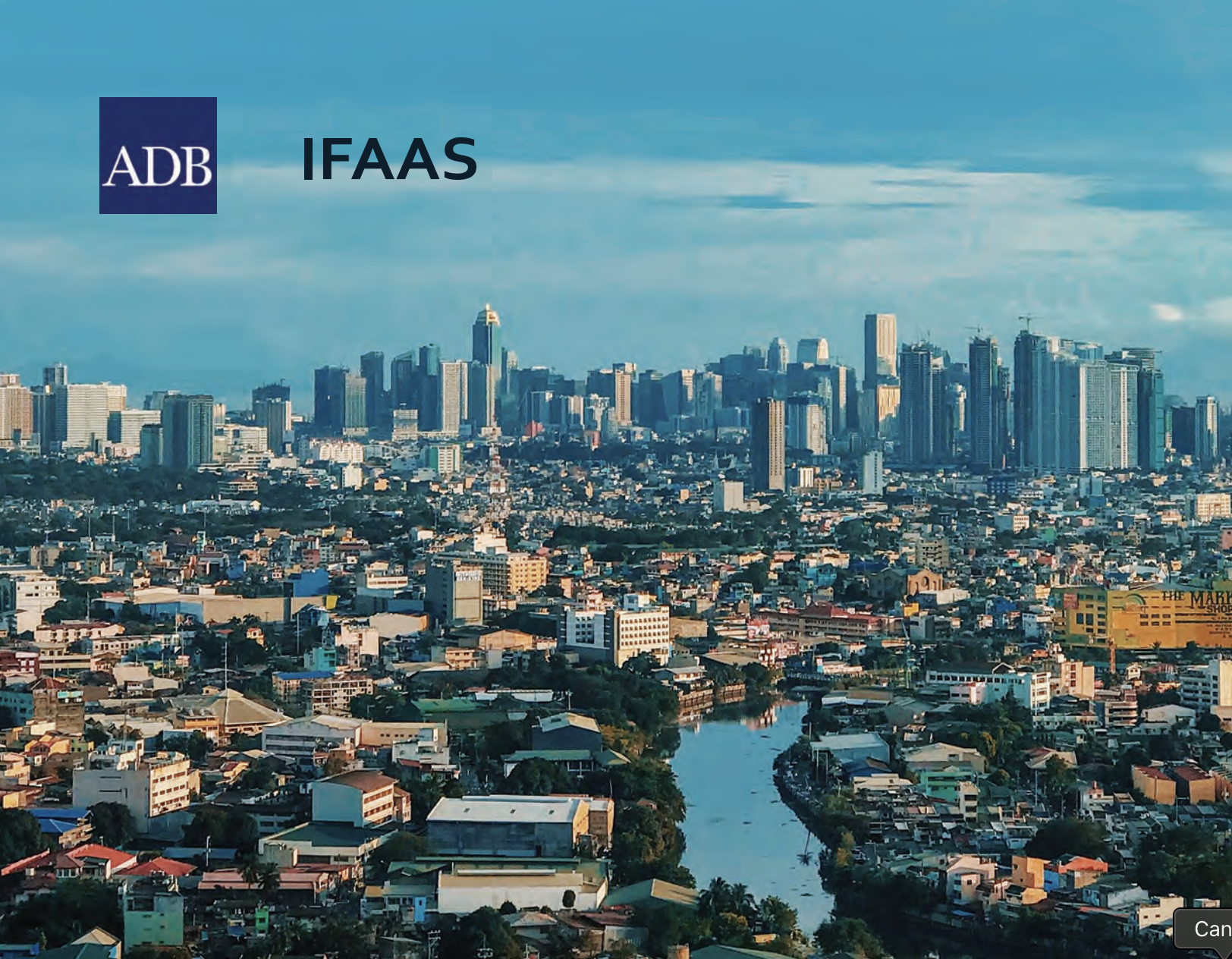
IFAAS
Illuminating the Path for Islamic Finance
Client: Asian Development Bank (ADB)
Industry: Banking / Finance
Method: Surveyed n=450 retail banking respondents and n=50 business banking respondents via gadget-assisted personal interviews nationwide
Overview:
The Philippines, a nation deeply rooted in its Catholic heritage, has historically presented a unique landscape for the growth of Islamic financial services. With a predominantly conventional banking orientation, the availability of Sharia-compliant financial products has been limited, creating a significant gap for its Muslim communities. Recognizing this underserved segment and the immense potential for financial inclusion, the Philippine government has actively championed the promotion of Islamic banking. A landmark moment arrived in June 2023 when the Bangko Sentral ng Pilipinas (BSP) issued the first Islamic Banking Units license, followed by the commencement of operations in January 2024.
The Asian Development Bank (ADB) stands as a pivotal force in this transformative journey through its "Islamic Finance for the Philippines" program. This initiative not only advocates for Islamic finance as a powerful tool for savings, infrastructure financing, portfolio diversification, and comprehensive financial inclusion, but also actively contributes to the development of robust legal frameworks and essential market capacity.
Our objective was to meticulously assess the market potential for Islamic financial services among both retail and business banking clients across the nation. We deployed a rigorous methodology, conducting gadget-assisted personal interviews with a significant sample of n=450 retail banking respondents and n=50 business banking respondents, ensuring a nationwide scope and diverse insights.
The Power of Quantitative Marketing Research:
This project stands as a testament to the indispensable role of quantitative marketing research in shaping strategic direction and fostering market growth. By systematically collecting and analyzing quantifiable data, we were able to:
- Precisely gauge market demand: Our data-driven approach provided concrete figures on the current awareness, interest, and potential adoption of Islamic financial services among various demographics.
- Uncover critical market segments: Through statistical analysis, we identified key segments with the highest propensity for engaging with Islamic finance, enabling targeted outreach and product development.
- Identify barriers and drivers: The research illuminated the specific factors influencing consumer decisions, from understanding of Sharia principles to perceptions of trust and accessibility.
- Quantify opportunities: We provided the ADB with empirical evidence to support their initiatives, demonstrating the tangible benefits and potential returns of investing in Islamic finance.
The invaluable insights gleaned from this meticulous research directly informed strategies aimed at attracting Islamic banking applicants, refining existing products and services, and creating new opportunities for both Muslim and non-Muslim Filipinos seeking ethical and inclusive financial solutions. The profound impact of our findings was further amplified at the ADB and BSP's Philippine Islamic Finance Roadshow held at The Manila Peninsula in November 2024. Here, the study's results served as the central pillar of discussions, providing stakeholders with a clear, data-backed understanding of the current market landscape and solidifying the Philippines' favorable position for sustained growth in Islamic finance.